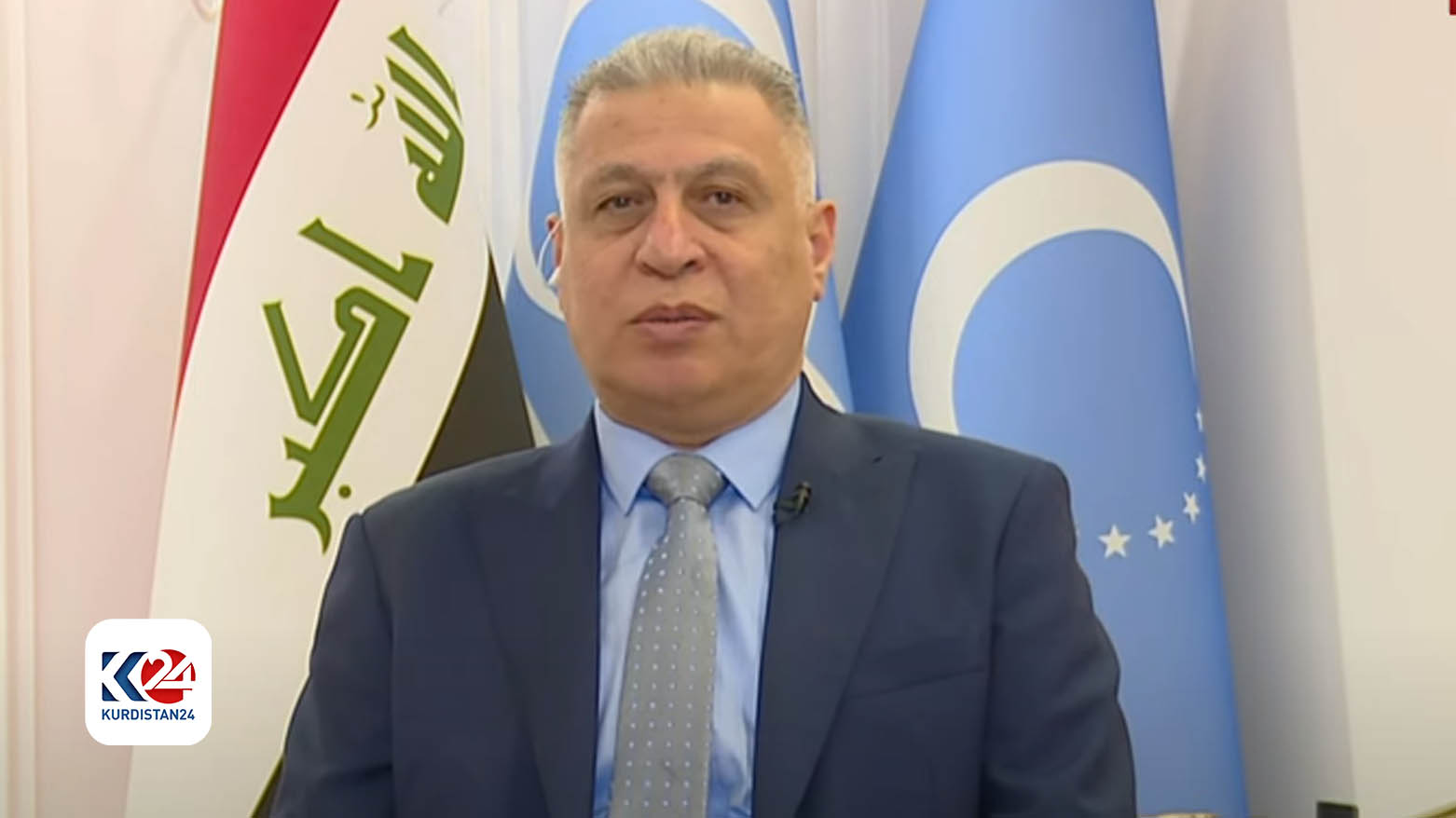Iraqi premier has a project regarding Kirkuk governorship, says Iraqi parliamentarian

ERBIL (Kurdistan24) – Iraqi Turkmen parliamentarian Arshad al-Salihi told Kurdistan24 that Iraqi Prime Minister Mohammed Shia al-Sudani has a project regarding the Kirkuk governorship and may submit it after returning from the United States.
“We as Turkmen parties in Kirkuk have proposed to the Iraqi Prime Minister that the governor's post should rotate among the different communities in the city,” al-Salihi said.
He also stated that if a party assumes the role of governor, it is required to relinquish other positions within the city and make them available to other parties.
The parliamentarian explained that the framework of the discussion is not only related to the post of the governor but also to the issues and security posts in Kirkuk and how they will be distributed among the various parties.
On Feb. 4, the Kurdistan Democratic Party (KDP) and Patriotic Union of Kurdistan (PUK) in a top meeting agreed to nominate a Kurdish candidate for the Kirkuk governorship.
Saadi Ahmed Pira, the spokesperson for the PUK, on Feb. 17 confirmed that to Kurdistan24.
Read More: KDP, PUK 'agree' to elect Kurdish governor for Kirkuk, says PUK spokesperson
Following the ouster of the Iraqi regime's dictator Saddam Hussein in 2003, the first Kurdish governor was appointed to Kirkuk following the 2005 provincial elections.
In a decade, Iraq was able to hold a new provincial election across 15 Iraqi provinces on Dec. 18.
The election turnout stood at 41 percent, a decrease from the 2013 provincial election turnout of 50 percent.
The low turnout partially contributed to the boycott of the elections by several Iraqi parties, including the Sadrists. Moqtada Al-Sadr, the Shiite firebrand, extended his gratitude to the boycotters.
The low turnout partially contributed to the boycott of the elections by several Iraqi parties, including the Sadrists. Moqtada Al-Sadr, the Shiite firebrand, extended his gratitude to the boycotters.
The United Nations Assistance Mission for Iraq (UNAMI) does not monitor the elections, as the Iraqi government did not request the UN to supervise the polls.
